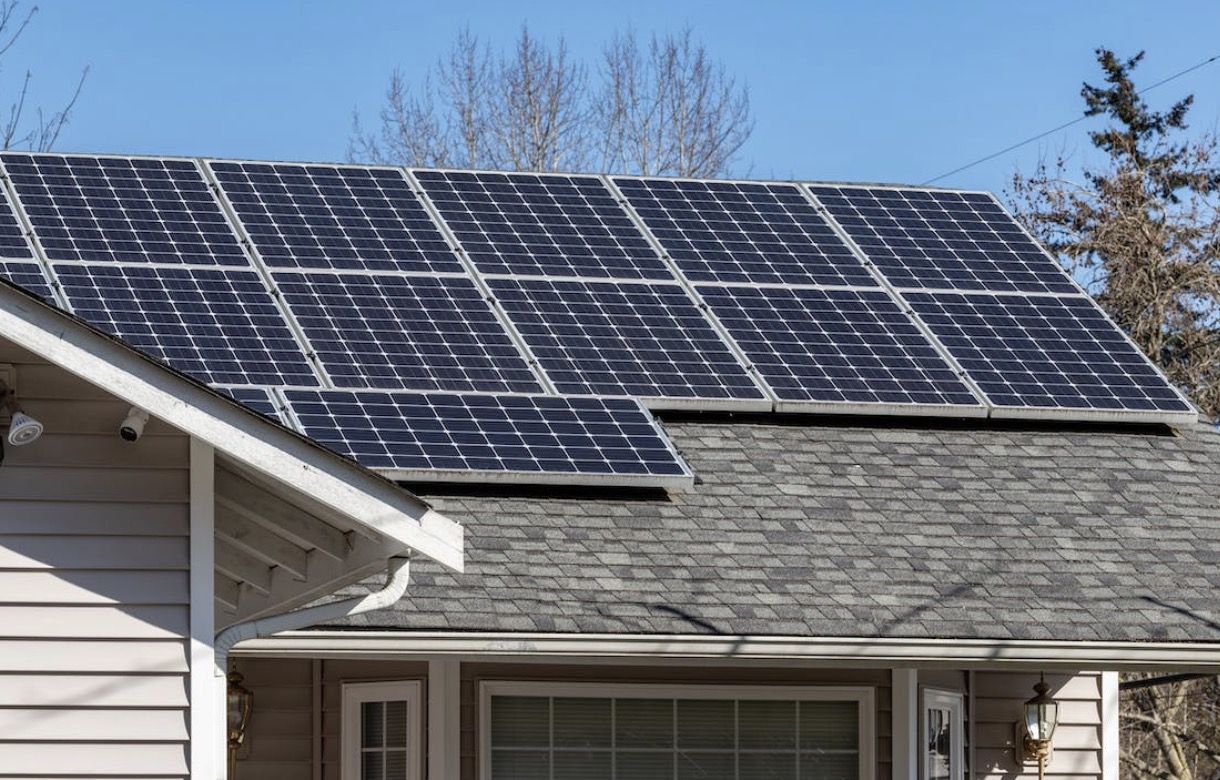Understanding your home’s power needs is essential in maintaining a safe, efficient, and comfortable living environment. It is a crucial first step in planning for energy conservation, choosing the right appliances, deciding on the power supply source, and taking measures for emergency situations. The power needs of a house depend on various factors including the size of the house, the number of household members, the types and quantity of appliances, the use of heating or cooling systems, and lifestyle habits.
An in-depth understanding of these factors will help in making well-informed decisions that not only economize your power usage but also contribute to a sustainable future. This document aims to guide you through the process of identifying and managing your family’s home power needs effectively.
Reader's Roadmap
Assess Your Energy Consumption
Examine your utility bills for the past year to get an understanding of your average usage per month, and identify any seasonal fluctuations. This information will give you an idea of your baseline power needs and can help you in setting goals for reducing your usage. For instance, you should read more about Houston electricity plans if you are from Houston, or do the same in whichever city or town you are. The main reason for assessing your energy consumption is to understand your needs and find ways to optimize energy usage.
Next, take an inventory of all the appliances in your home. Make note of their power ratings or wattage, which can usually be found on a label attached to the appliance or its manual. Consider how often each appliance is used and for how long, and then calculate the average power consumption per day. This exercise will help you to identify any energy-hungry appliances that may need to be replaced with more energy-efficient models.
Consider Your Family’s Lifestyle
Your family’s lifestyle and habits significantly impact energy consumption. Reflect on your routines and consider how they can be adjusted to conserve energy. For example, turning off lights and unplugging electronics when not in use can make a significant difference in reducing your power needs. Also, consider if your family can use natural lighting during the day instead of relying solely on artificial lighting. Additionally, think about implementing energy-saving practices like air-drying clothes instead of using the dryer or setting the thermostat a few degrees lower in winter. Involving your family in these discussions and encouraging them to be mindful of their energy usage can create long-term behavior changes that lead to significant energy savings.
Evaluate Heating and Cooling Systems
Heating and cooling systems often account for a large portion of home energy consumption. Consider the efficiency of your system and explore more sustainable options if available. For instance, if you currently have an older furnace or air conditioning unit, it may be more energy-efficient to replace them with newer models that have better energy ratings. Additionally, make sure to regularly maintain your heating and cooling systems to ensure they are running efficiently. Simple steps like changing air filters regularly can improve the performance of your system and reduce energy consumption.
Explore Renewable Energy Sources
Consider the feasibility of using renewable energy sources such as solar panels or wind turbines. This can significantly reduce your dependence on grid power. While the initial cost of installation may seem high, over time, it can lead to significant savings on your energy bills. Plus, you’ll be contributing to a more sustainable future by reducing your carbon footprint. Some utility companies also offer incentives for households that use renewable energy, so it’s worth researching if this is an option in your area.
Renewable energy sources such as solar panels or wind turbines are also a reliable backup during power outages, making them an excellent option for emergency situations. They also add value to your property and can be a selling point if you ever decide to move.
Consulting with local solar panel installers can provide you with personalized information and options for your home, ensuring that you make the most out of these renewable energy benefits while also supporting your community’s businesses.

Consult with Professionals
A professional energy auditor can provide valuable insights into your energy consumption, offering personalized advice on how to optimize your home’s energy usage. They can also help you identify potential areas of improvement and recommend energy-efficient alternatives. Additionally, consider consulting with an electrician or contractor for any major electrical projects or upgrades. They can ensure that your home’s wiring and power supply system are up to code and safe to use. For renewable energy sources, it’s essential to consult with professionals for proper installation and maintenance.
Being aware of your family’s home power needs is crucial in making informed choices for energy conservation and sustainability. By assessing your energy consumption, considering your family’s lifestyle, evaluating heating and cooling systems, exploring renewable energy sources, and consulting with professionals, you can create a more efficient and environmentally friendly home. Remember to regularly review your power needs as they may change over time, and continue to make conscious decisions that benefit both your family and the planet.







Leave a Reply
View Comments